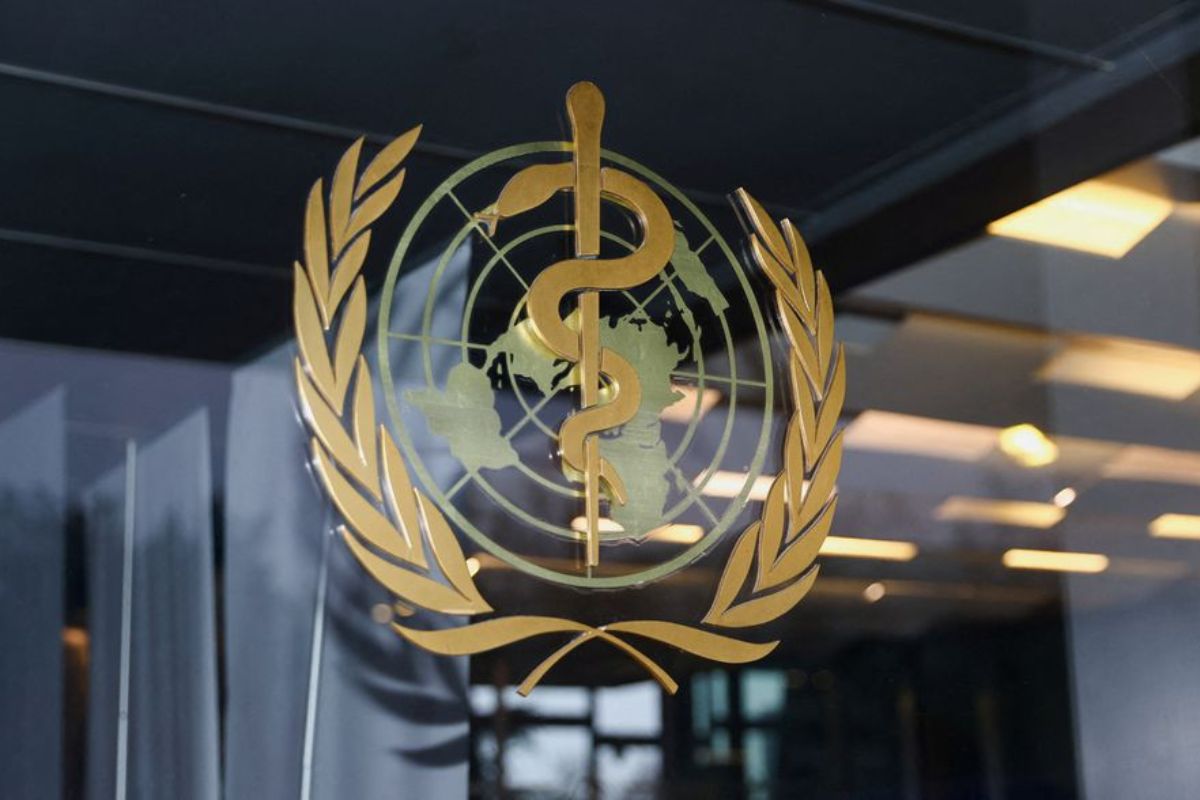The World Health Organization (WHO) said on Tuesday that its emergency committee had decided that monkeypox should continue to be considered a global health emergency.
After a meeting on October 20 about the virus that suddenly spread around the world in May, the experts “held the consensus view that the event continues to meet the… criteria for a Public Health Emergency of International Concern (PHEIC),” WHO said in a statement.
The UN health agency first declared the so-called PHEIC, its highest level of alarm, on July 23. Experts said that while some progress had been made in controlling the disease, it was too soon to call the emergency over. The statement said that WHO head Tedros Adhanom Ghebreyesus had taken the advice of the experts and agreed with it.
Six months ago, monkeypox suddenly spread outside of the West African countries where it had been common for a long time. Since then, it has killed 36 people out of more than 77,000 cases in 109 countries.

Most of the young men who got sick outside of West Africa are those who have sex with other men.
But since July, when the number of people with the disease that causes fever, muscle pain, and large boil-like sores on the skin was at its highest, the number of people with the disease has steadily gone down, especially in Europe and North America, which were the hardest hit regions in the early stages of the global outbreak.
The WHO said that the number of new cases fell by 41% in the seven days leading up to Monday compared to the week before. But WHO’s emergency committee said there were still a lot of things to worry about.
Monkeypox hysteria not taking off as effectively as C0VID hysteria is proof that the government can only cry wolf for so long, before Americans catch on to the BS.
— Errol Webber (@ErrolWebber) October 24, 2022
They said that the virus is still spreading in some areas, that there are still differences in how countries are prepared and how they respond, and that the virus could cause more health problems if it spreads to more vulnerable groups. They also brought up the risk of stigma and discrimination, the fact that weak health systems in some developing countries lead to less reporting, and the fact that not everyone has the same access to diagnostics, antivirals, and vaccines.
What do you think about our post? Leave a comment below.
Stay tuned to our website NogMagazine.com for health-related updates.